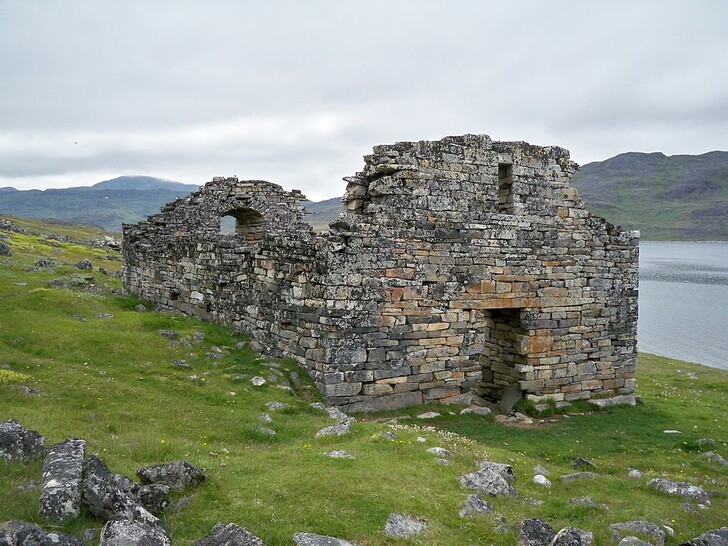Collapse is a fascinating, if somewhat exhausting, read. The central point of the book is that environmental changes, man-made or not, have been responsible for many a civilization’s collapse.
In the year 2022 that claim might perhaps sound obvious, but the fascinating part is learning how these stories unfold, often with unexpected twists and many unintended consequences. For instance, medieval Scandinavians found in Greenland a scenery not unlike their native northern Europe, and proceeded to build a society over there replicating what they had back home. This worked for a while – centuries, in fact – but proved ultimately unsustainable and disastrous. An overview of modern Montana’s environmental and economic woes sends the message: what happened before might be happening again.
Less brilliant are the chapters regarding Central America, specifically the chapter on Haiti. It glosses through the island’s modern history while failing to mention the single most important historical fact about it: the extortion of Haiti by France, in which France, backed by the United States, demanded indemnity by the loss of property (including the enslaved Haitians themselves), militarily extorting the tiny island with warships in probably modern history’s greatest heist. The last payment was made only in 1947. Given the minutiae of other historical facts included in the book, which are trivia by comparison, this jarring gap can only be seen as intentional.
As for the previously mentioned exhaustion: the book gets its point across clearly long before its final chapters, which in turn seem a bit redundant and repetitive.
Jared Diamond is a somewhat controversial scholar, often accused of geographic determinism. There is plenty of self-justification of the contrary in Collapse, which makes you wonder.
Be that as it may, and even with the embarrassing failings mentioned above, Collapse is an excellent read.
